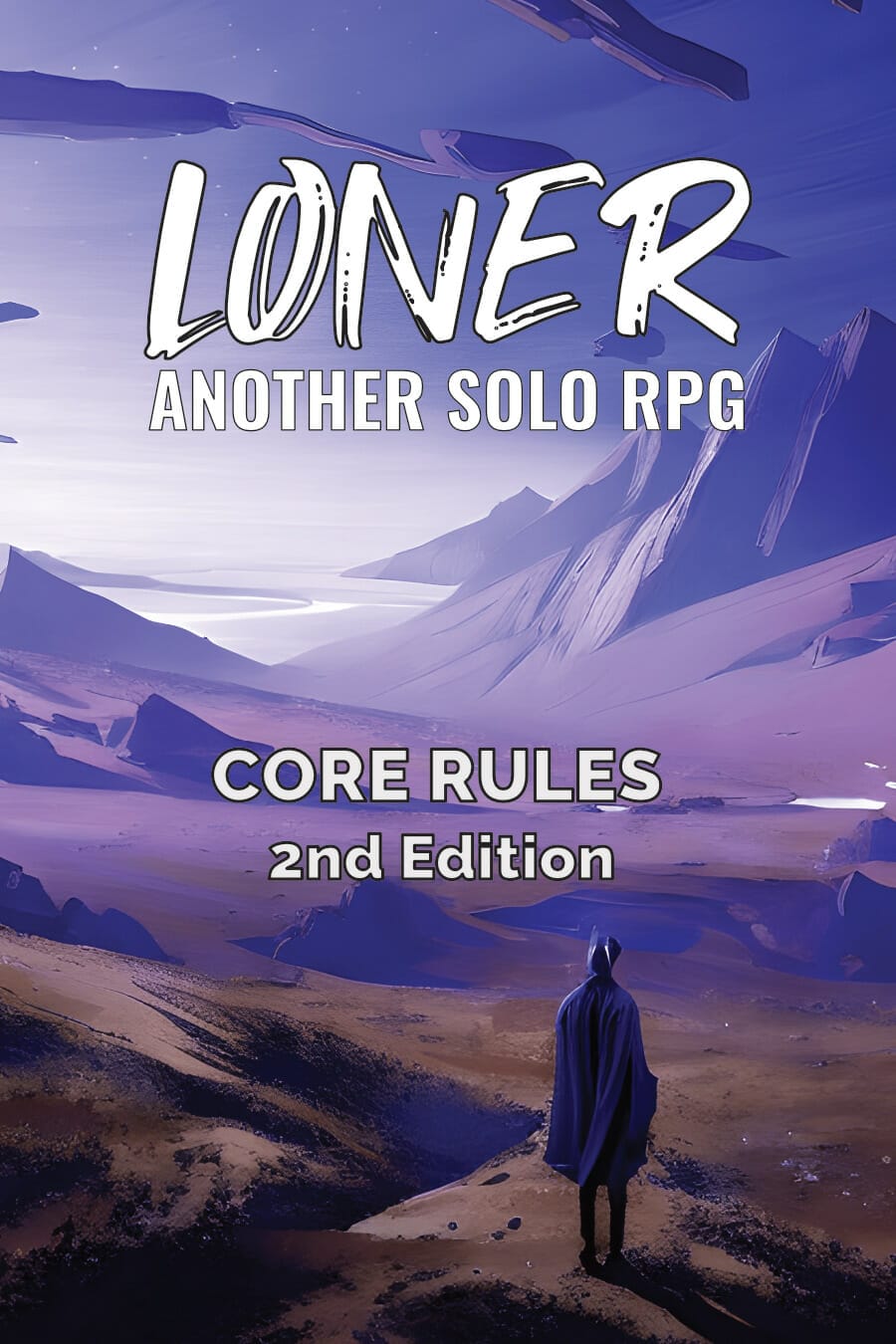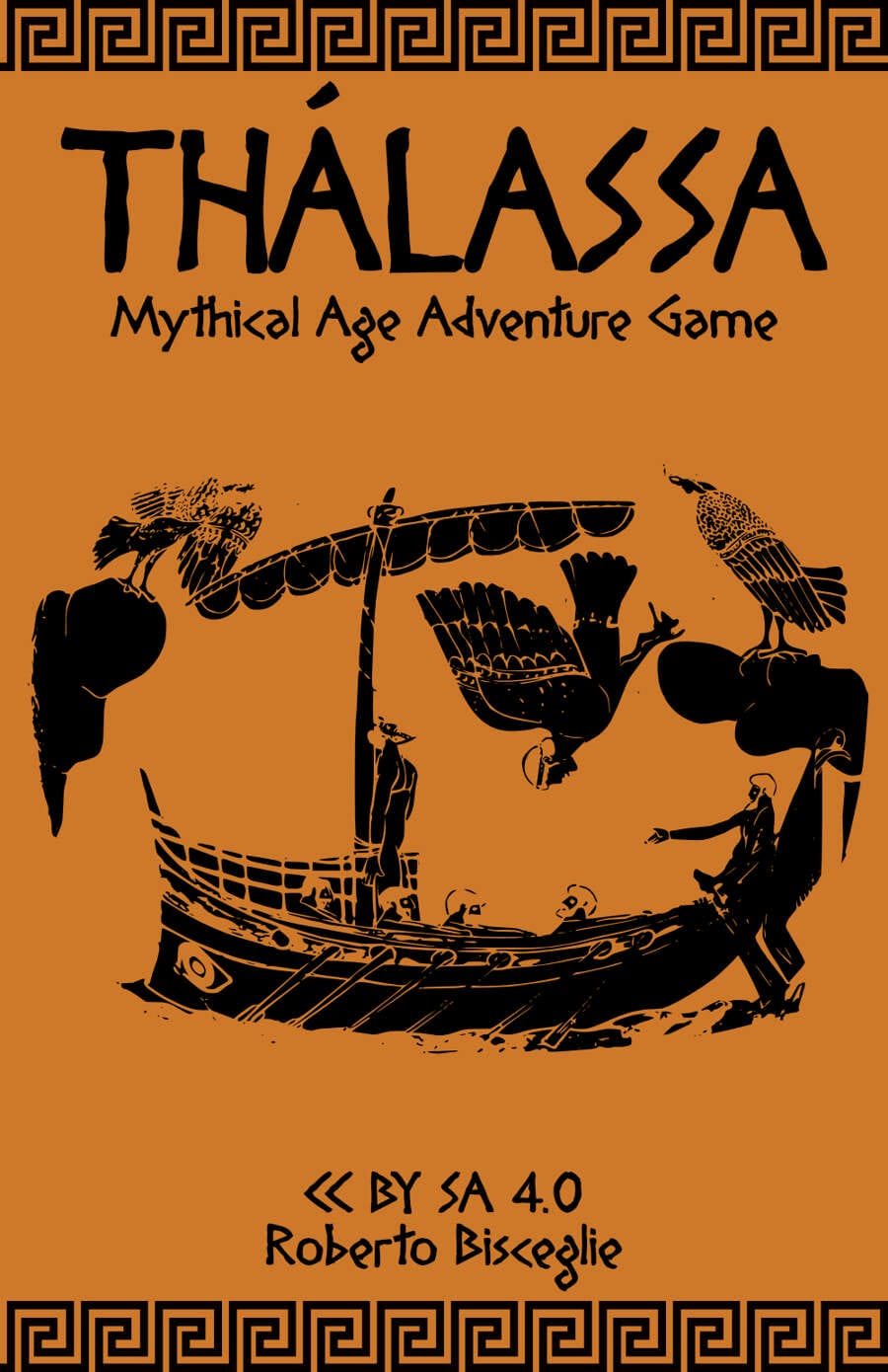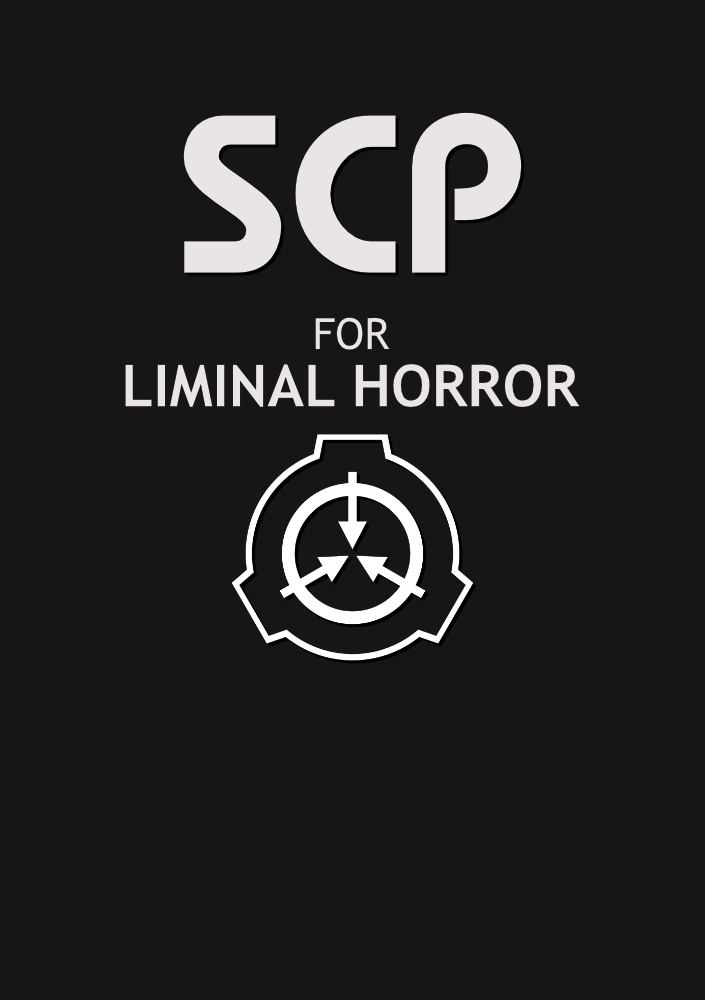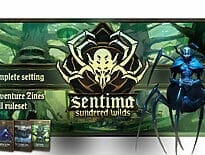Geek Native’s patrons voted Zotiquest Games the winner of May’s RPG Publisher Spotlight.
The goal of the Spotlight is to help shine the light of discovery where it does not always get drawn. It’s much easier for a large publisher to get into the news when they announce a new game than for a smaller one.

This month, thanks to Roberto Bisceglie, the founder and sole author of Zotiquest Games, who agreed to talk to Geek Native and did so promptly.
In this Spotlight, we talk briefly about solo TTRPGs aka playing a traditional game or a specialised by yourself, the RPG scene in Italy and Zotiquest’s plans for the future.
Let’s shine on!
A Zotiquest Games interview
Roberto is Italian, and therefore English isn’t his first language. As usual, I’m humbled by those who’ve mastered more than one tongue, as I can barely write in one, and Bisceglie publishes in English. As it happens, he’s a translator too!
As we find out, Zotiquest is very much shaped by Roberto.
Who are Zotiquest?
Zotiquest Games is my personal independent publishing label under which I self-publish tabletop role-playing games rulesets, adventures, and translations. The name is a tribute to Clark Ashton Smith and comes from my blog (which alas, I have not updated in quite a while).
How did you get started?
I didn’t start very long ago. I played D&D in college for a while but haven’t been in the hobby for almost ten years. It was the pandemic that reawakened my interest. Since I was looking for alternatives to tabletop dungeon crawls (such as Descent and Gloomhaven) that I could get friends to play via skype, I started exploring OSR retroclones. As I got in touch with the Italian OSR community, I found a lot of ferment, eclecticism, and a wonderful attitude to DIY.
The step was short, I started writing my first adventures, a few classes, and soon found myself embroiled in extensive translations of manuals such as White Box and Cepheus Engine. I accumulated some competence in layout and revision. After a few months I was able to self-publish my first zines.
I write the games that I want to play but no one else writes. Or I write variants of games I like, but in lightweight systems; I don’t like crunch.
What have you learned on the way?
To not be sectarian, either as a style of play or as themes. Obviously I have preferences, which are for very lightweight and preferably tag-based systems. But if someone mentions a game, if I really can’t try it, at least I buy it and read it, if only for personal culture. This process has helped me compare different game design solutions and calibrate my rules against the style and effect I want. When asked for advice, I always urge “don’t reinvent the wheel.” Someone out there already had a better idea than I did. It is necessary to understand it and make it your own.
What would you like to be best known for?
Among those published are definitely Loner and Thálassa. To Loner I am devoting quite a lot of development and a nice community is growing in Italy.
Thálassa is my love letter to my longtime fondness for classical mythology. For a high-school-educated Italian, it is normal to have grown up with Greek and Roman myths on your mind. It is something that clicks immediately with our culture. I wanted to give everyone the opportunity to play a fascinating and largely unknown world that can provide so much excitement and fun.
Although I am very proud of my other Cairn hacks and have a lot of fun playing them, they remain not very original, little more than variations of better known games
What makes a good RPG product?
The consistent development of theme and style. By coherent I don’t mean exhaustive like an appliance manual, but that the main mechanics are functional to what is intended. For istance, I favor “adventure games” because I like exploring and taking risks, but also the use of wit and lateral thinking. So I choose game engines that reinforce that direction. But they are not the only ones I like, in fact I am experimenting with something different that I hope will come out later this year.
Aesthetics is a completely secondary factor for me; a good game could be totally distributed in a text-only sheet and be excellent on its own. Of course, illustrations and good typesetting help both to better convey the theme and to make the game usable and appealing. But the heart just the rules and of course (a factor often overlooked) the playtest.
The Italian RPG scene
I almost did not ask this question. After all, it’s not fair to expect Roberto to answer for all of Italy or expect all of Italy to have similar views on RPGs. Here in Edinburgh, that’s certainly not the case.
I’m glad I asked, though, as Roberto stepped up with some proper on-the-ground insight.
What’s the tabletop RPG scene like in Italy? Is the hobby popular?
As I think most of the world, D&D is almost synonymous with RPG for most people. In years past, Vampire the Masquerade was very popular, but now I’m not much in touch with the reality of gaming associations (which are the focal points of gaming activity here). There is a lot of interest in Old School in recent years, partly because of successful titles like Old School Essentials and Mörk Borg. Fantasy is a preponderant genre in the tastes of Italians.
Outside the mainstream sphere, there is a rather vocal niche following of PbtA games.
Role-playing in Italy has not yet emerged from the niche. It is certainly more popular than it was 30 years ago, when it was considered just a hobby for losers and nerds.
The highly popular of TV series such as Big Bang Theory and Stranger Things has certainly provoked curiosity also in the general public and someone has landed in the hobby even so. But in Italy it has not yet reached mainstream popularity.
There seem to be many great RPG ideas published by Italian businesses recently. Why do you think that is?
The average Italian player (and an author is first and foremost a player) has a high school or university education, reads a lot (novels, essays, but also comics), and is curious. This is fertile ground for generating ideas, hybridizing, and creating something unique, if not necessarily original. In fact, if I may express my opinion, we often tend to be too timid and don’t exploit the enormous wealth of folklore and legends we have at our disposal to build something fabulous.
We have strong regional cultures, each with its own dialect, tradition, and folklore. And we have layers of cultures that have succeeded and hybridized for almost 3000 years now. We have an enormous cultural heritage, often ignored or unknown even to ourselves.
If we make the most of all this, rest assured that you will see wonderful things coming from Italy!
Creepypasta tabletop RPGs
You may have noticed a few publishers taking advantage of and contributing to the creative commons creeps of the SCP Foundation.
If you’re already aware of the dangers in the shadows, then you may be delight-horrified to know that Zotiquest is contributing. If not, this Spotlight might actual be a gateway into darkness.
Can you please tell readers about the strange world of the SCP Foundation?
The SCP Foundation is a collaborative writing project that originated from a creepypasta published over 15 years ago. The file “SCP-173” described a statue that only moves when not observed and kills its victim when visual contact is lost. It wasn’t so much the content (not entirely original, as it was inspired by Doctor Who!) but rather the presentation of this monster that sparked the imagination of many writers. The creature is described with a scientific and sterile dossier format, complete with a classification of containment risk.
Additionally, it implicitly introduced lore about this elusive SCP Foundation that has been developed over the years—an international secret organization that studies and contains anomalies (creatures and events) posing a potential “end of the world” risk. The lore expanded to include descriptions of Foundation procedures, its organization, glossary, and much more. Hundreds of SCPs, anomaly dossiers, have been written, some even spanning hundreds of pages.
Why did you decide to write a supplement for it?
In my opinion, SCP Foundation is one of the most mature and elegant forms of creepypasta produced in the last two decades. Reading the SCP files gave me chills I hadn’t experienced in a long time. They tap into the realms of cosmic horror, but do so in a very direct and modern way.
I felt the urgency to give gameplay to this fascinating universe, and Liminal Horror was perfect for the task: minimalistic, set in a modern setting, and licensed freely.
How to play a solo RPG
We’ve covered How to play a tabletop RPG by yourself before, better still, even had experts talk about single-player RPGs. Roberto’s written then, so, yeah, let’s revisit and learn more!
Loner is a solo RPG and solo games also seem very popular. Why do you think that is?
Solo role-playing games have been around as long as RPGs themselves. The first article on solo play for Dungeons & Dragons was published in 1975 (authored by Gygax himself!), and the following year saw the release of Buffalo Castle, the first Tunnels & Trolls “gamebook.” I myself discovered the world of RPGs through gamebooks in the mid-1990s.
Solo RPGs allow for different needs to be met: geographic isolation, lack of a gaming group, or simply an interest in solo play itself. Fortunately, the pandemic helped break down certain prejudices in this regard. When isolation became mandatory, many people experimented with solo RPGs, and some enjoyed it enough to continue.
This is positive: it’s never good to have prejudices about “A and B-tier games.” Furthermore, solo RPGs serve as excellent training for group play, exercising improvisation skills and lateral thinking. They are a highly creative form of gaming.
Even journaling games (which I personally don’t enjoy) are very popular and pique the interest of many people. Variety and open-mindedness are essential to keeping the hobby vibrant and fresh.
What tips do you have for people tempted to try solo roleplaying games for the first time?
Relying on a comprehensive system (such as Mythic) or even free options like GEMulator or GUM that allow for experimenting within an established framework can be beneficial. It’s highly likely that you’ll eventually develop your own personal system, but having a foundation helps prevent the scattering of energy in continuous and exhausting searches for oracles, tools, tables, and materials that can ultimately lead to disorientation.
All the engines I suggested not only provide the necessary tools but also explain how to play solo. Without procedures, solo play can be disorienting and frustrating.
Loner owes much to Mythic and has evolved into a very lightweight and hopefully straightforward game for newcomers—a kind of introduction. It certainly may not satisfy more seasoned tastes, which is why after the appetizer, you’ll likely want to sink your teeth into something more structured.
The future of Zotiquest Games
It’s incredibly hard being an indie publisher, and most are in it for the love of the hobby, no one is getting rich. Does that mean there are no plans for the future? Far from it.
Roberto generously shared a look ahead at the Zotiquest roadmap.
What will Zotiquest Games do next?
I’m releasing Adventure Packs for Loner, which consists of 12 thematic expansions to introduce classic and popular genres such as fantasy, science fiction, and horror, as well as lesser-known ones like crime, pirates, and spies. They are already available on the game’s website, but they still require some thorough revisions.
In my plans, the next two games on the agenda are:
“Sol: Beyond Earth,” a retro-futuristic game of hard science fiction set in a solar system that never saw the end of the space race in the ’70s. It is populated by orbital colonies and blue-collar workers zipping between planets. The draft is already in place, but it requires significant refinement!
“SoLAR: Slice of Life Anime Realized,” on the other hand, is an experimental title that I have had in mind for a long time. It aims to capture the essence of an anime genre that I love dearly. The game engine will be based on tag traits and the use of a card deck. I’m still outlining it, and it will require thorough playtesting.
Completely off the agenda in the past few days, I quickly put together a system-agnostic setting in the sword-and-planet genre (similar to John Carter of Mars, for example) that is ready to be released. But I’ll probably accompany it with another Cairn hack titled “Savage Sands of Zalanthar,” which will allow players to delve into that setting. I also wouldn’t rule out adapting it for Loner.
Zotiquest Games
- Zoqiquest Games’ website.
- Zotiquest Games on DrivethruRPG.
- Zotiquest Games on Itcho.io.
- Zotiquest / Roberto on Twitter.
Don't miss out on the conversation at Geek Native. Leave an insight in the comments below and get to know people.




